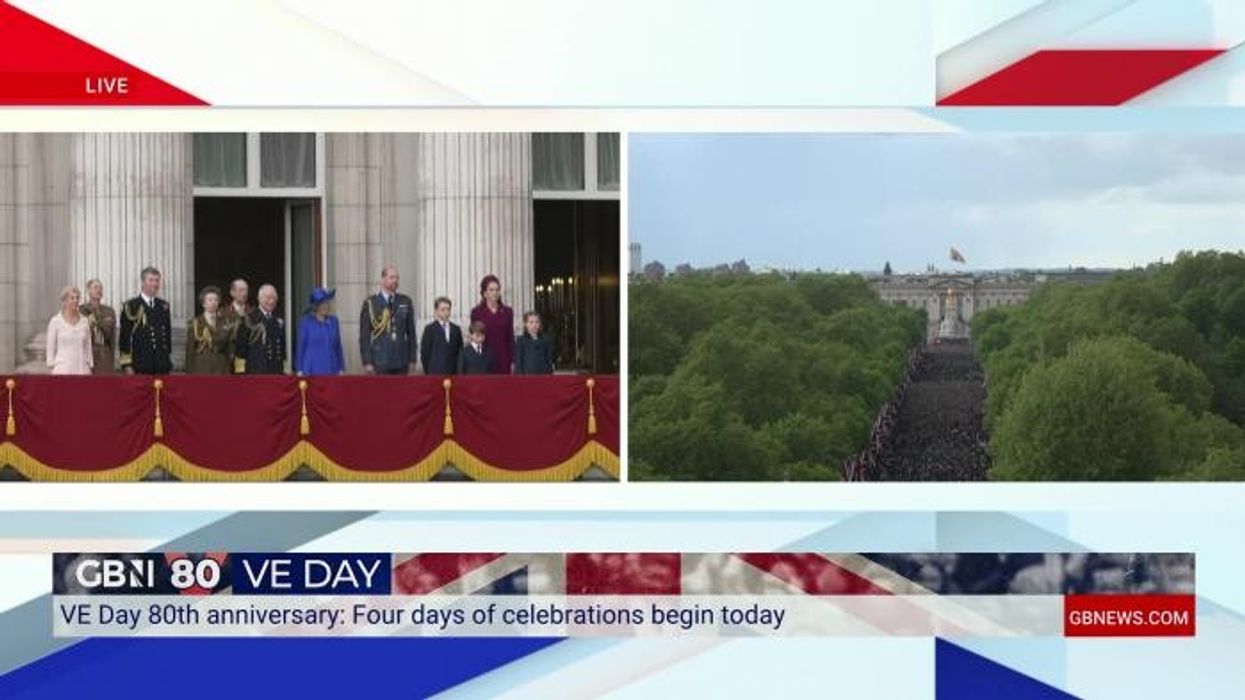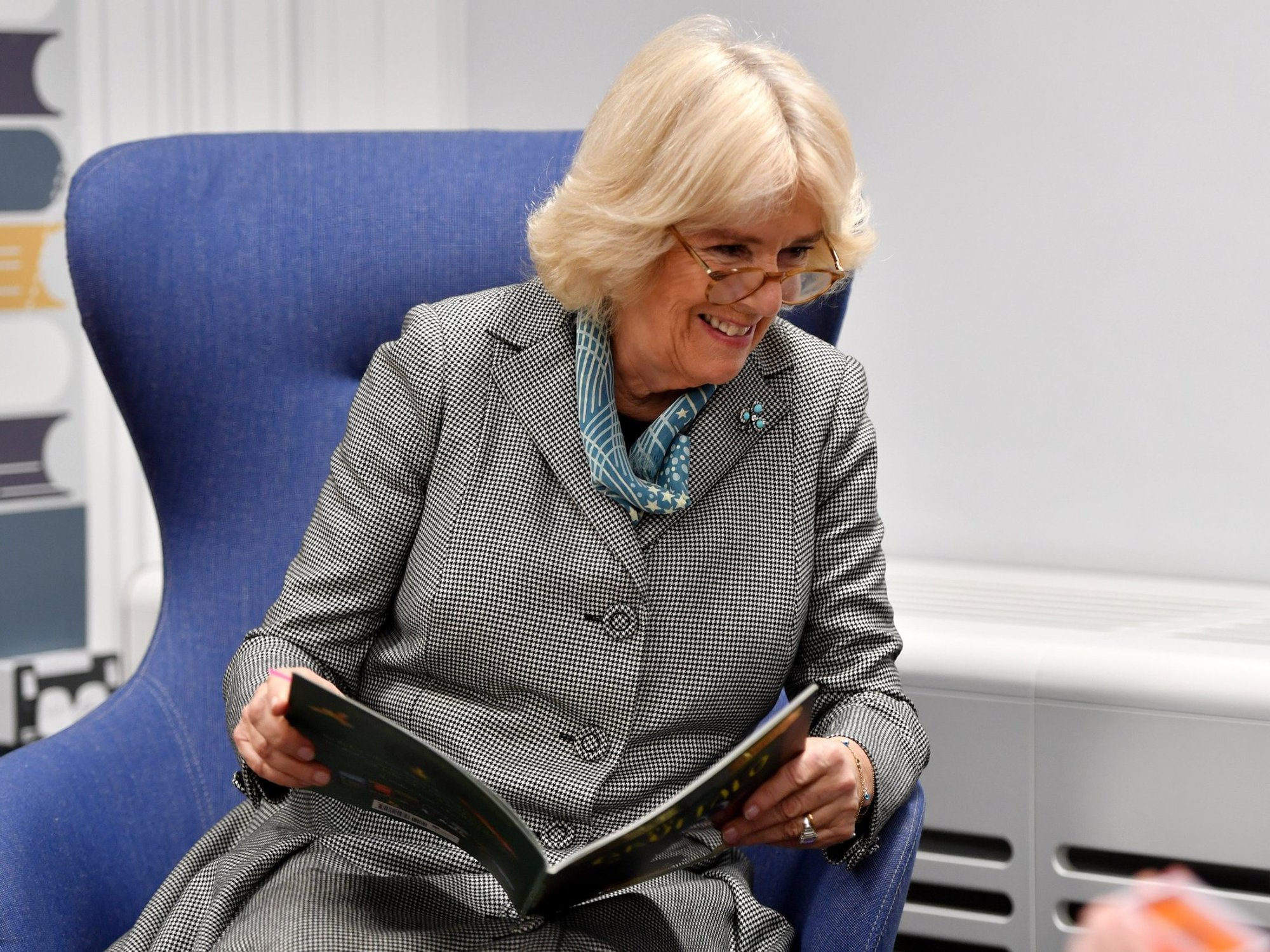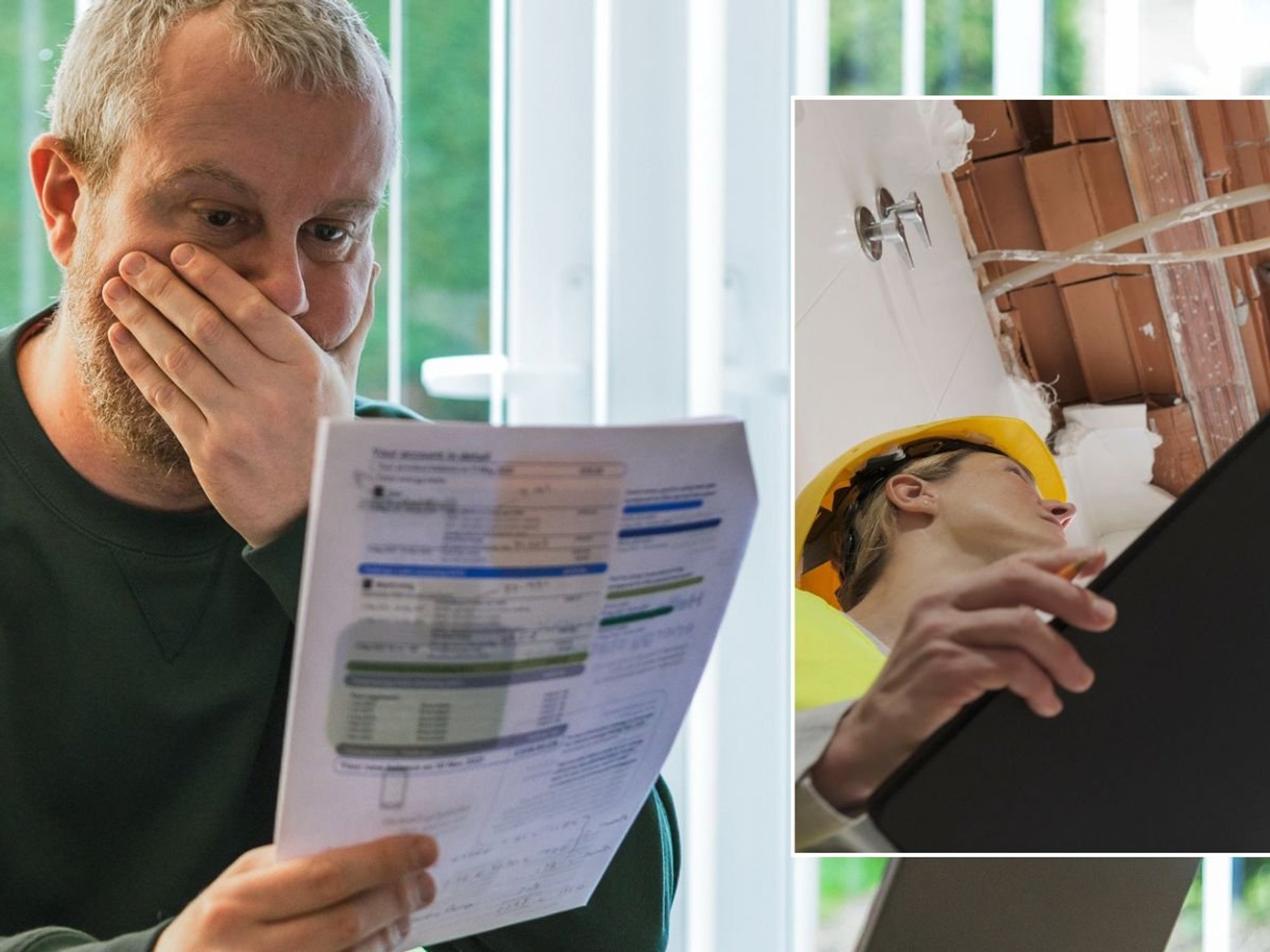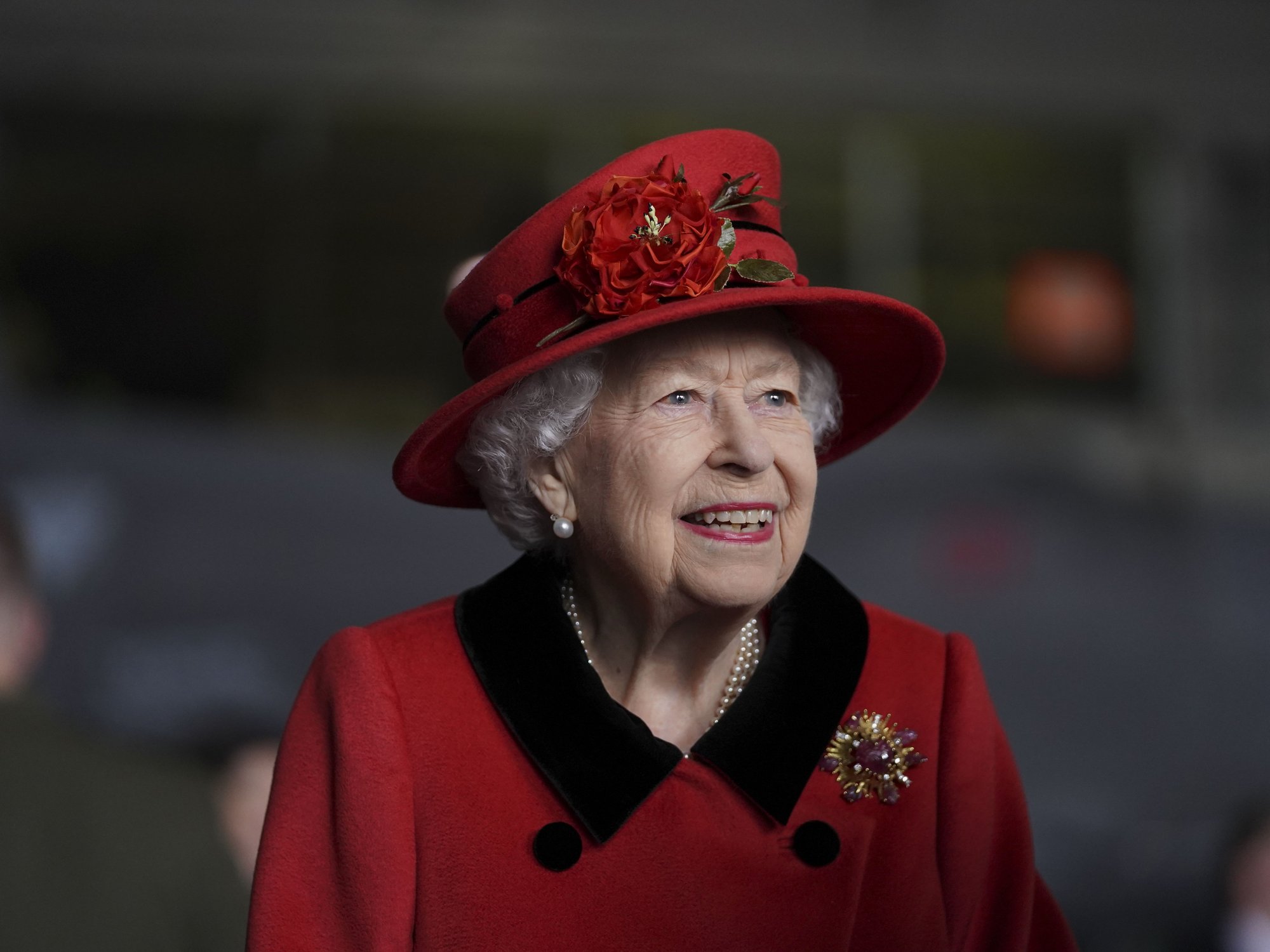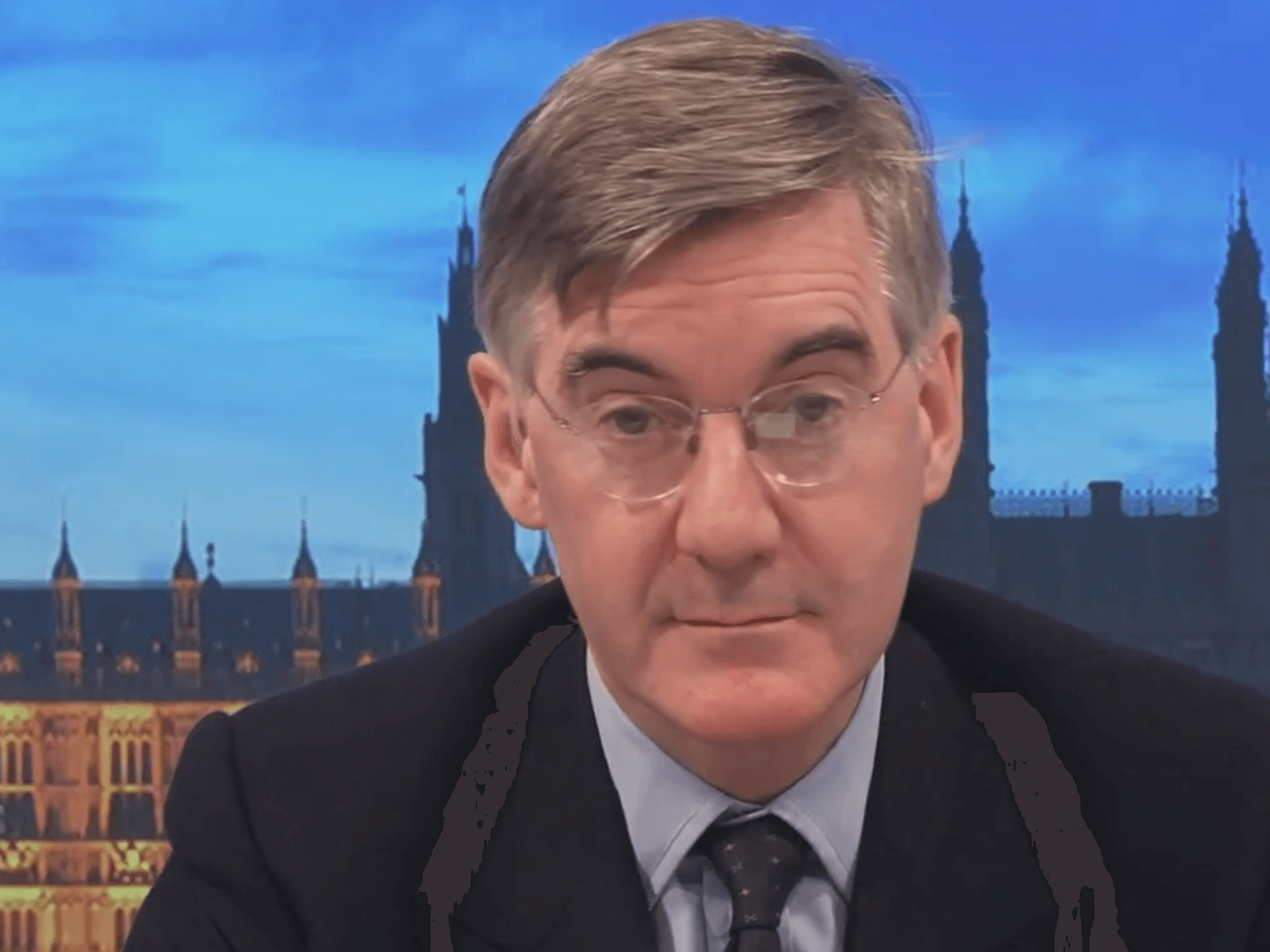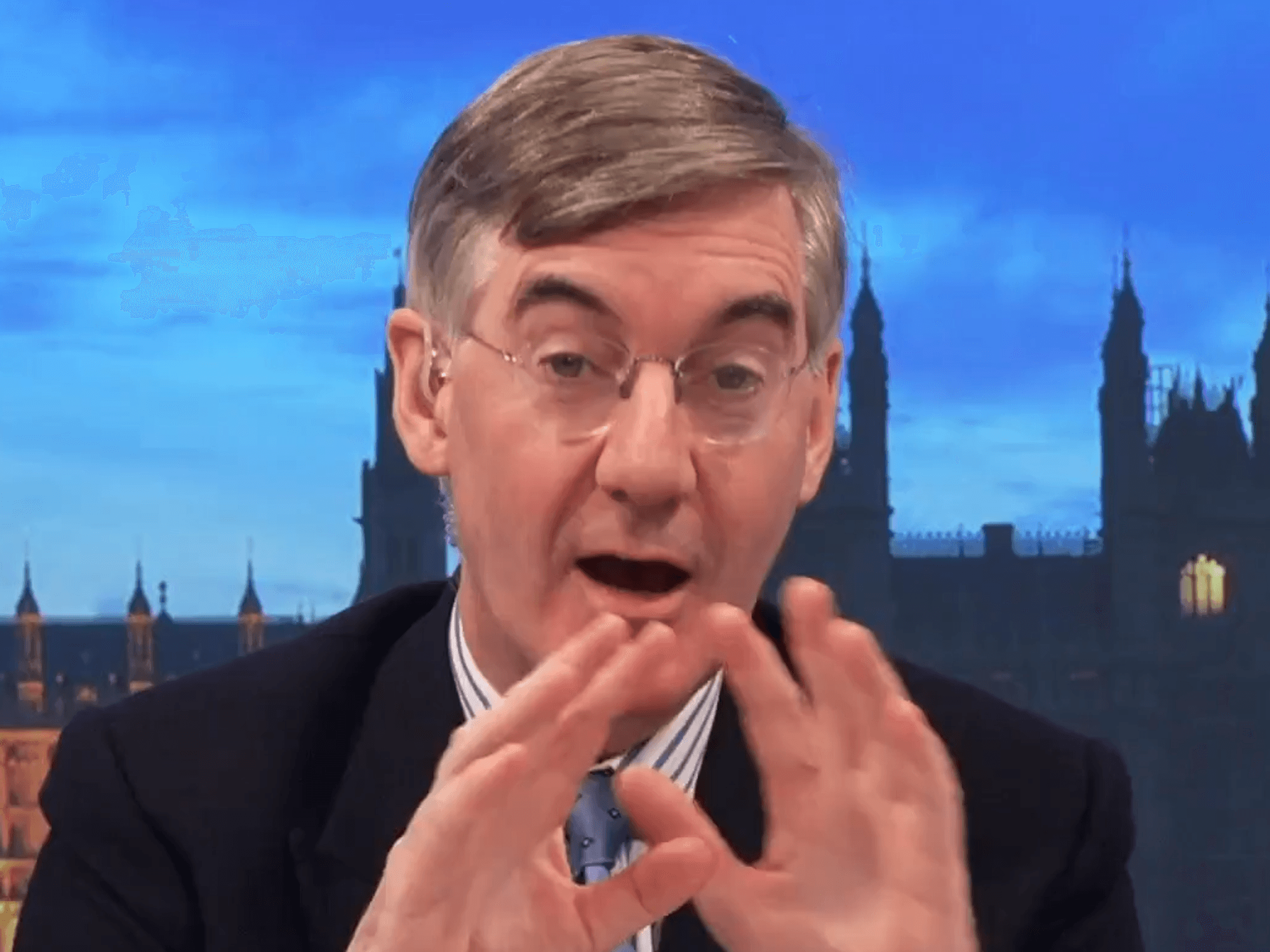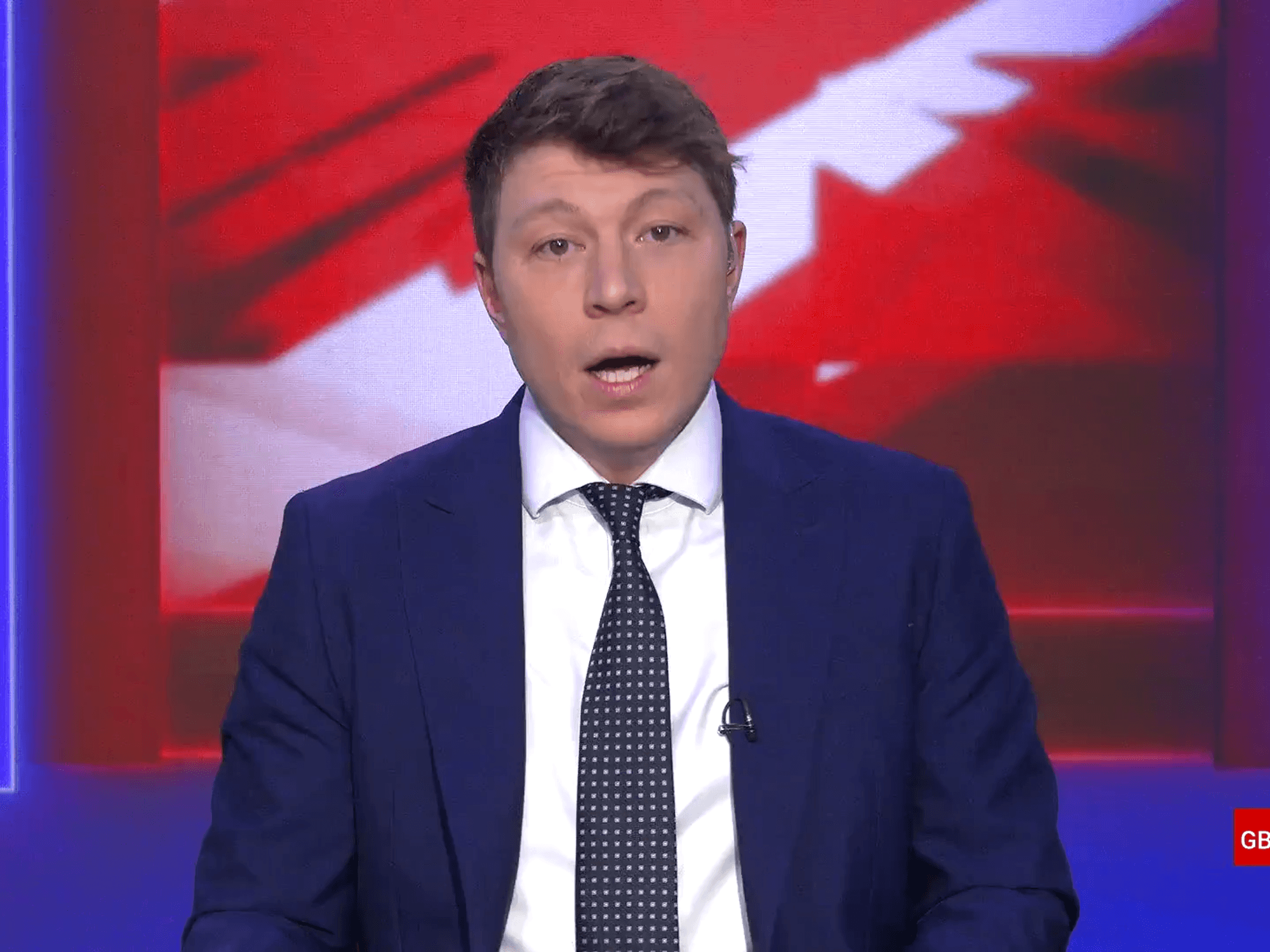Prince Harry's latest excruciating stunt is a further reminder of how clear-eyed Queen Elizabeth was - Lee Cohen
OPINION: The late monarch didn’t live to see Harry and Meghan’s full descent into victimhood theatre, but she saw enough
Don't Miss
Most Read
Prince Harry’s latest BBC interview was excruciating. As King Charles III battles cancer, his youngest son took it upon himself to complain—again— about his lost taxpayer-funded security and muse publicly on the monarch’s health. Self-pity was dressed up as concern, grievance disguised as outreach. It was so tone-deaf, so self-absorbed, that it continues to earn scorn on both sides of the Atlantic
To any observer with common sense — it served as a useful reminder of the clear-eyed leadership of the late beloved Queen Elizabeth II. The late monarch didn’t live to see Harry and Meghan’s full descent into victimhood theatre, but she saw enough. Her decision to slam the door on their “half-in, half-out” royal fantasy was not just dignified—it was lifesaving for the Crown.
In January 2020, when the self-consumed Sussexes demanded the impossible—global influence, royal privilege, and lucrative commercial freedom—the Queen summoned the Sandringham Summit. What she delivered was a masterclass in constitutional firmness. No, they couldn’t be part-time royals. No, they couldn’t cash in on titles while evading duty. No, they couldn’t cherry-pick tradition to suit their egos. It was a royal rebuke cloaked in grandmotherly calm.
And how right she was. Since then, Harry and Meghan have made a habit of confirming every fear the Palace had. They fled to Montecito with grand talk of privacy, then sold their lives to Netflix. They spoke of compassion while trashing their families on Oprah. They invoked service, but only in ways that increased their personal brand equity. Everything the Queen foresaw — the conflict between commerce and duty, the appetite for grievance, the chronic indiscretion—has played out in tawdry detail.
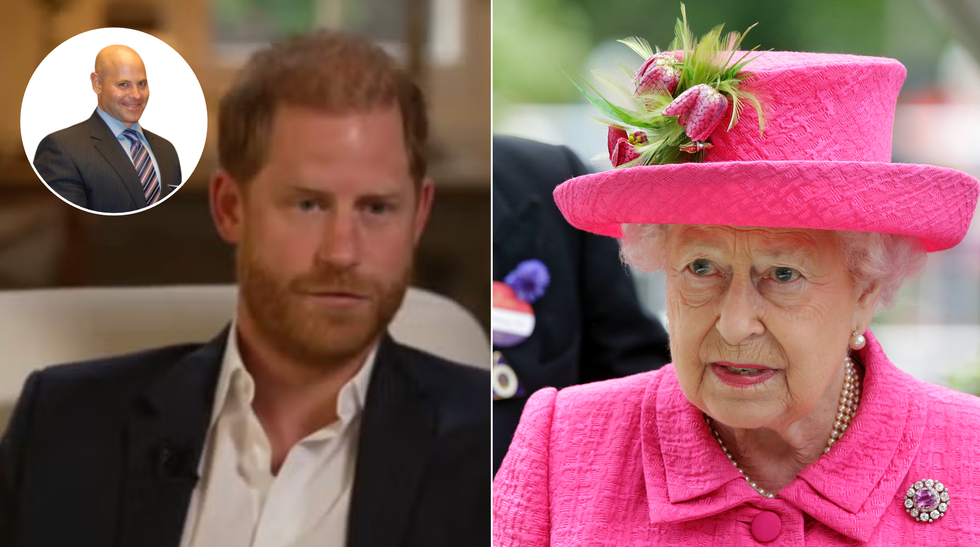
Prince Harry's latest excruciating stunt is a further reminder of how clear-eyed Queen Elizabeth was - Lee Cohen
|BBC/Getty Images
Markle’s brazen use of “HRH” in a note on a gift hamper, flaunted publicly on a podcast in April 2025, is a blatant middle finger to the spirit of the 2020 Sandringham agreement, where she and Harry swore off using their HRH titles for public or commercial gain after ditching royal duties. Their camp’s feeble excuse—that it was a private note—barely holds water when the note’s exposure screams calculated spotlight-grabbing.
Royal supporters were livid, and rightly so, seeing it as a slap in the face to Queen Elizabeth II’s explicit orders. While they might squeak by on the technicality of “private” use, it is obvious she is someone still clinging to the baubles of a monarchy she was desperate to escape.
Meanwhile, the King has rightfully distanced himself from the rogue couple at a sensitive time for his health. On May 5, 2025, as Britain marked VE Day, King Charles stood on the Buckingham Palace balcony with the real royals: Queen Camilla, William, Catherine, their children, the Princess Royal, the Edinburghs and other dutiful members. Harry and Meghan were nowhere to be seen—and the message couldn’t have been clearer. The monarchy stands with those who serve, not with those who sulk.
This distance is strategic. The Palace, understandably, wants to smother any leaked content to fuel the next disgraceful memoir or podcast.
Harry’s recent interview—thinly veiled blame dressed up as filial concern—only deepened the distrust. His dangling of “reconciliation” wasn’t a peace offering; it was a PR stunt. He wants to be embraced without accountability, welcomed back without consequence. The King, to his credit, isn’t buying it.
And neither, it seems, is William. Reports suggest the Prince of Wales is seriously contemplating stripping the Sussexes of their titles when he becomes king. Their HRH styles are already dormant, but the Duke and Duchess of Sussex's peerage remains a dangling thread. Legally, it would require parliamentary intervention, but the very fact that this is being discussed tells you where royal patience now lies: exhausted.
For William, Harry’s behaviour isn’t just disappointing—it’s corrosive. The interview was a reminder that his brother’s concerns rest not with the monarchy but with pocketbook and image.
Queen Elizabeth II saw through it all. She understood that the Sussexes weren’t threatening because they were different, but because they were narcissistic and vengeful. Her Sandringham decree wasn’t cruel; it was containment. She didn’t exile Harry and Meghan. She quarantined them.
Now Charles upholds that boundary with resolve. The Royals’ VE Day appearance was a declaration of priorities: service, unity, and discretion over drama. William, when his time comes, may complete the process, severing what few threads remain. Not out of spite, but out of necessity.
The Sussexes thought they could redefine royalty as a global brand: glitz without grind. Instead, they’ve authored a saga of self-destruction.
Harry’s betrayals—airing family grievances as his beloved grandparents neared the end of their iconic lives, and now as his father and sister-in-law face cancer— mark him globally as a figure of unmatched contempt.
Let Harry and Meghan play royal in Montecito, California, or Nigeria. The true monarchy—disciplined, dignified, enduring—has no place for their poisonous drama. Queen Elizabeth knew it. Charles knows it. William, it seems, will ensure it.


